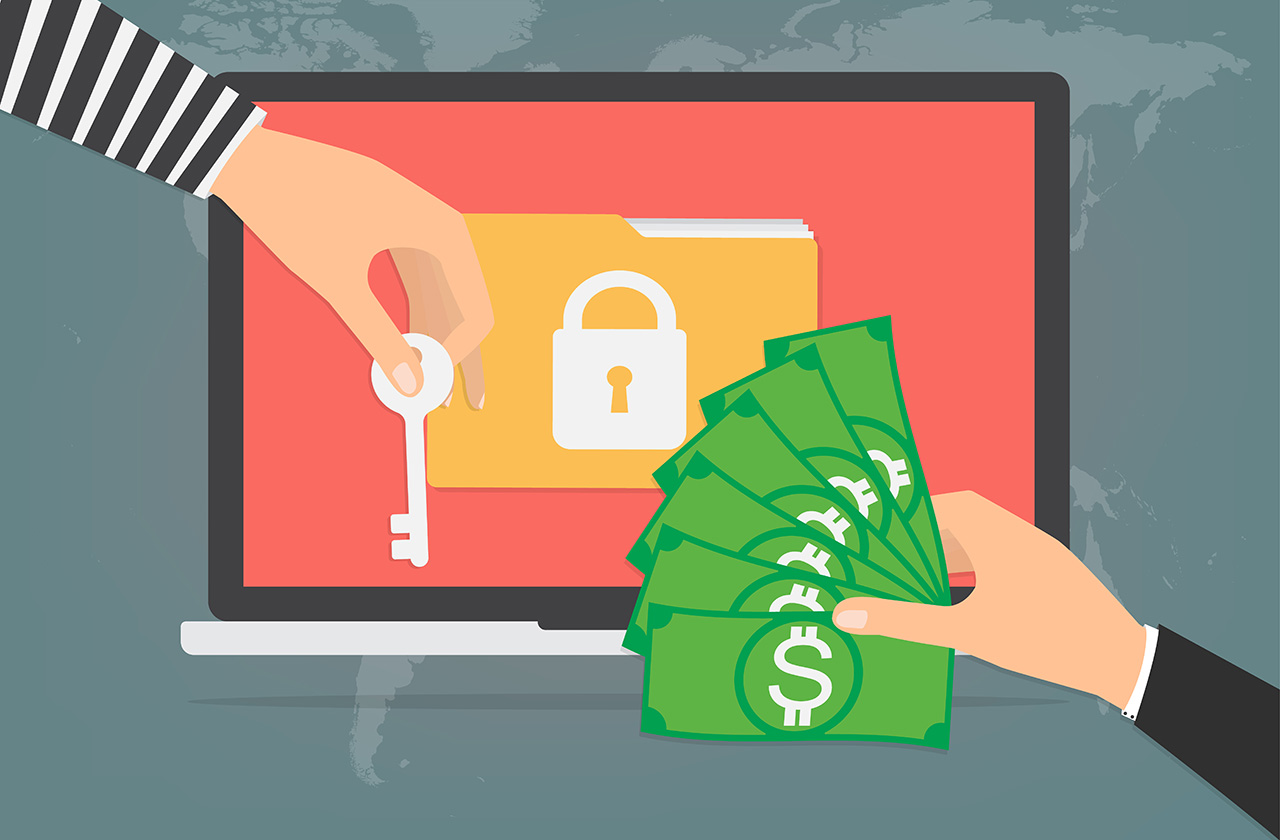
Ransomware: The Main Enemy of the Connected Era
Three years from now, the number of Internet-connected things will reach 50 billion. According to an IDC forecast, the worldwide market for IoT solutions will grow from $1.9 trillion in 2013 to $7.1 trillion in 2020. More consumers than ever will purchase internet-connected clothing, smart home appliances, fitness trackers, healthcare monitors, and smart cars. These devices could become the target of the next generation of ransomware, a type of malware designed to block access to an electronic device until a sum of money is paid.Ransomware Works
Recently, a server of a police department in Cockrell Hill, Texas, was encrypted by a group of hackers who used an email with a spoofed address to infect the system and demanded $4,000 to unlock the files, reports Dark Reading. The police ignored the demand of the hackers and lost eight years of documents, photos, and videos.The police department in Texas wasn’t the only victim of cyber-attacks. According to the 2016/2017 Kroll Annual Global Fraud and Risk Report, 85% of executives say they were hit with a cyber incident in the past year. A survey by Risk Based Security revealed that, in 2016, over 4.2 billion records were exposed in 4,149 cyber incidents.
As illustrated by the rise in ransomware distribution, hackers have apparently finally found an effective way how to make a good living. “2016, also designated as ‘year of ransomware’ has seen enormous growth in Ransomware diffusion, transmission and ransom thieving. So much so, that criminals have made cyberware models and invite amateur crooks to host the Ransomware flag to newer heights. The wreak havoc is seeing no stoppage anytime soon. Until now, Ransomware flow has seen an increase of 500% from the previous year,” writes Minal Khatri.
IoT Under Attack
As the market for IoT devices grows, it will become an increasingly more viable target for a new generation of ransomware attacks. Right now, manufacturers and security researchers spend around $350 million on IoT security. This number is expected to reach $547 million in 2018. An infographic published by GSMA shows that 47% of IoT developers consider security as their top concern. What’s more, 60% of consumers worry about a world of connected things, naming privacy as their main concern and security as their number one worry.There are two things we can take away from this. First, cyber-attacks, and ransomware, in particular, are real threats that could catastrophically disrupt entire states, let alone the lives of individuals. Second, both manufacturers and consumers are aware of these threats and do their best to fight them. There are now several authoritative IoT security and privacy guidelines, and more will surely appear in the future.
Only time will tell who will gain the upper end in the upcoming cyber-war, but it’s clear that more effective mitigation and prevention methods are needed.
Comments
Tags: connected era, iot, malware, pervasive computing, smart devices, ubiquitous computing
Trackback from your site.